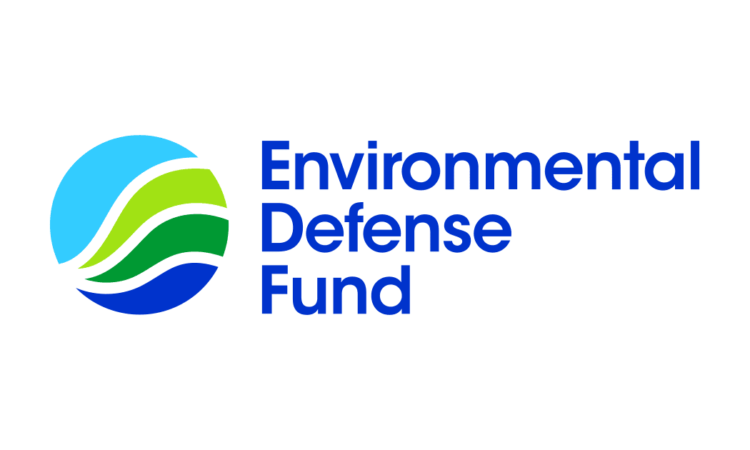
October 24, 2023
(Washington, D.C. – October 24, 2023) Three agencies that are the backbone of U.S. banking regulation have developed joint guidance, released today, on how banks should manage the monetary risks of the climate crisis.
The Federal Deposit Insurance Corporation (FDIC) voted today to approve the new interagency Principles for Climate-Related Financial Risk Management for Large Financial Institutions, co-authored by the Federal Reserve Board and Office of the Comptroller of the Currency (OCC).
“Climate-related financial risks — including damages from extreme heat, wildfires and flooding — are significant and increasing. Just like any other type of financial risk they oversee, the U.S. banking regulators should ensure that banks effectively manage climate-related financial risk,” said Stephanie Jones, Senior Attorney for Environmental Defense Fund. “At the same time, banks must uphold their fair lending responsibilities and maintain access to capital for frontline communities, as the guidance released today recognizes. Today’s guidance is a welcome and urgently needed step toward strengthening the climate resilience of our financial system.”
Banking regulators already oversee management of a variety of risks, from whether a bank has sufficient liquidity to its exposure to market volatility. Today’s joint guidance will help ensure that banks likewise take needed steps to manage financial risks arising from climate change, which is already affecting broad segments of the economy. The guidance instructs banks to consider how climate change intersects with traditional risk management areas, such as market, credit, operational, and compliance risks. It further explains how climate risk considerations should be integrated throughout risk management processes, from governance to strategic planning to reporting.
Previously, EDF partnered with NYU School of Law’s Institute for Policy Integrity to submit joint comments to all three agencies – the FDIC, the Federal Reserve Board and the OCC –
supporting the agencies’ draft guidance documents and making further recommendations.
# # #
One of the world’s leading international nonprofit organizations, Environmental Defense Fund (edf.org) creates transformational solutions to the most serious environmental problems. To do so, EDF links science, economics, law, and innovative private-sector partnerships. With more than 3 million members and offices in the United States, China, Mexico, Indonesia and the European Union, EDF’s scientists, economists, attorneys and policy experts are working in 28 countries to turn our solutions into action. Connect with us on Twitter @EnvDefenseFund





